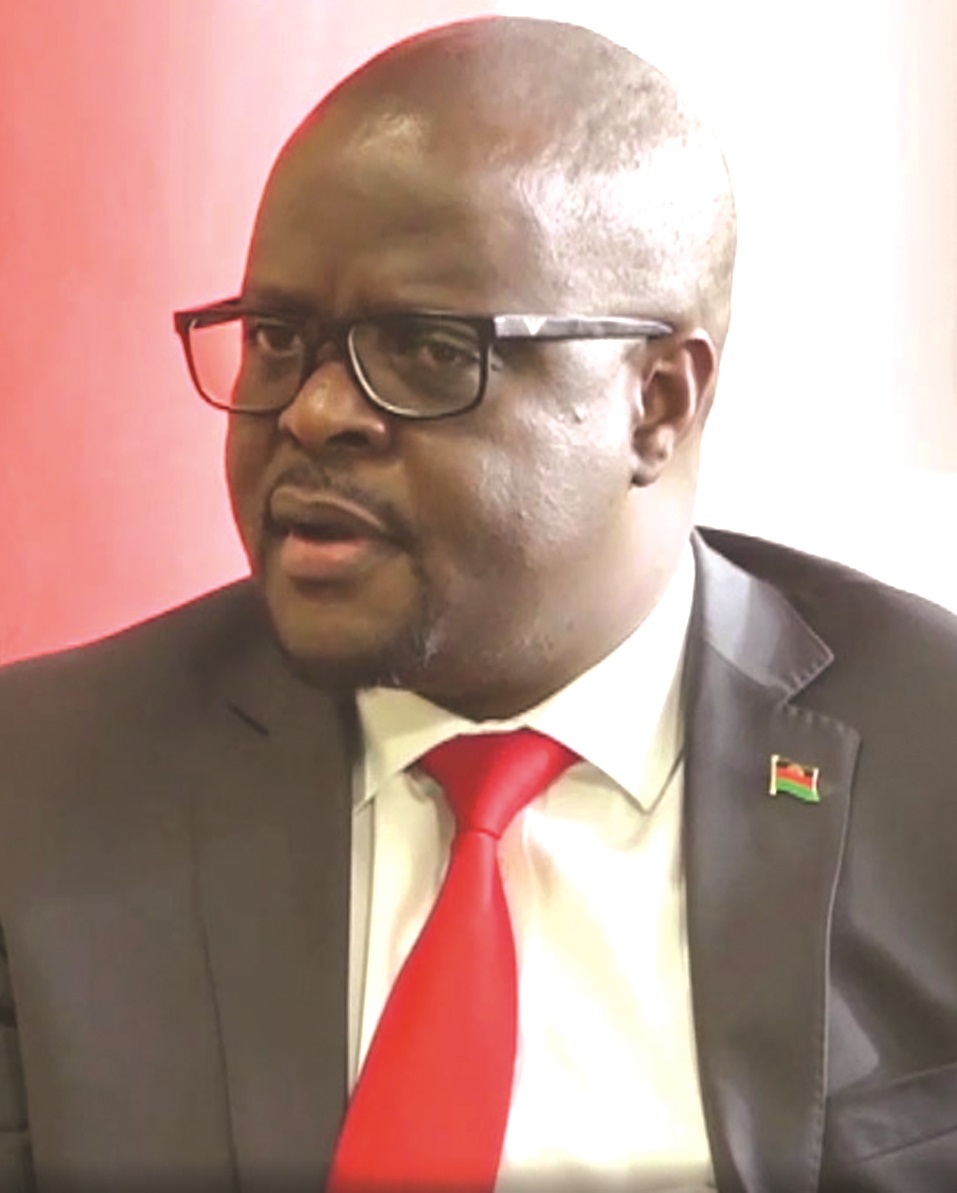
Mining & Trade News
Malawi Online News
Top Stories
Mining
ASMs engage Minister Mumba over gemstone export ban
May 06, 2025 / Patrick Lunda

Mumba seeking practical solutions
Artisanal and Small-Scale Mining players had an audience with Minister of Trade and Industry Vitumbiko Mumba where, among others, they lodged a complaint about the government decision to extend an initial 21-day suspension of export of gemstones to two months now.
The meeting drew representatives from Nyasa Mining Cooperative, Percy Maleta, Women and Youth Mining Federation's Annie Kamanga, Perekezi ASM Consultants Chikomeni Manda and Gold Association of Malawi's Regan Donda.
Maleta, who is also MD for Maleta Gems and Jewels and PL Treasurers Limited said the Ministry of Trade is equally important in addressing the issue because the mining industry is all about trade.
"The meeting took place in Lilongwe at the Ministry of Industry and Trade. We met him because we believe his Ministry plays a crucial role to advance our mining business and besides, in as much we tend to lean more to the Ministry of Mining, ours is trade.”
Maleta commended the Minister of Trade for accommodating them to a round table discussion on short notice following prevailing hitches the miners have been subjected to following US President Donald Trump's decision to impose tariffs on goods from 145 countries worldwide, including Malawi.
The US President's decision was followed by another domestically-induced hurdle when the Minister of Mining Ken Zikhale Ng'oma imposed a 21-day suspension of gemstone and gold exports, allegedly to police illegal mining and exports.
This decision has negatively affected the miners as they cannot carry out trade activities for the minerals. They argue that blanket suspension was unfair to registered miners as it encourages illegal exports, thereby, denying government the much-needed revenue collection through tax and other related duties.
Maleta said the meeting was a breakthrough and provided an insight to the Minister on the challenges and hurdles they meet in course of their work as ASMs.
"The Ministry will start working on short term solutions while looking at and addressing the long term issues," he said.
On her part, Kamanga said the meeting was ground-breaking, saying: "The Minister of Trade and Industry responded favourably to the concerns raised. Officials acknowledged the significant contribution of ASM to the national economy and the urgent need to address the existing gaps.”
"The Ministry is committed to immediate, action-oriented follow up meetings within the month, aimed at reviewing export policy, establishing marketing linkages for ASM products, and enhancing coordination between trade and mining policy."
In an interview, Ministry of Trade Spokesperson Patrick Botha confirmed that it was a successful and cordial meeting as the Minister pledged to address the issues that the ASMs raised, which impacts revenue generation.
Botha said:"The meeting was basically a closed one aimed at appreciating issues in the artisanal mining, how they can grow by, among others, forming cooperatives or strengthening cooperatives, value addition such as gem-cutting and polishing, markets and protection against foreign infestation into the artisanal mining sector.”
"The Minister asked the participants to provide him with what they think would be practical solutions to their problems since they are the ones on the ground so government can take practical steps to address them."
"There will be another meeting where strategic direction on the issue will be given."































